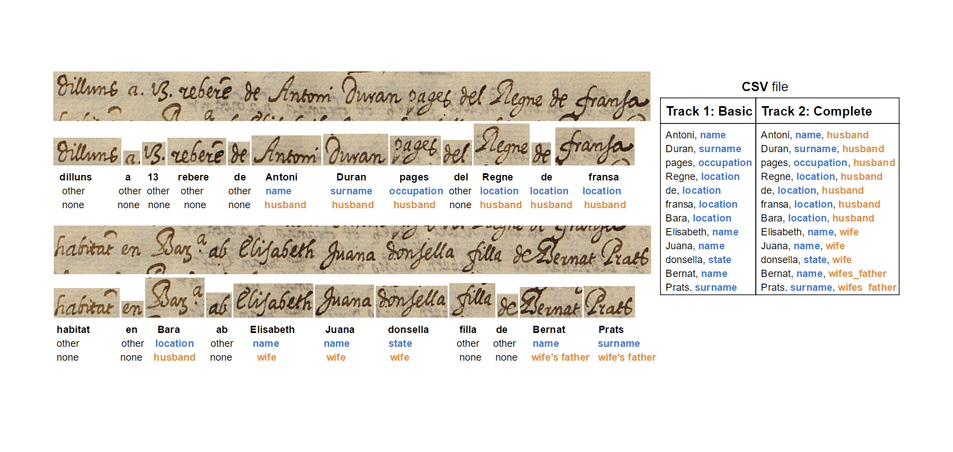Our last name holds clues into your family history. Whether you have a common or unique last name, learning the meaning behind your name can unlock new details of your genealogy. It’s about your family history and your ancestor’s journey.
A last name meaning search can reveal:
- Where your family lived
- Your family’s national origin – Ireland, Germany, Italy, and more
- When your ancestors immigrated
- An ancestor’s occupation or nickname
Early last names were often linked to occupations, geographical features such as where your home was in the village, a nickname, physical feature, or even a combination of the mother’s and father’s names. Eventually, most people adopted patronymic names inherited from their fathers.

Perhaps there are other countries (and relatives) attached to your family tree that you had never considered before.
The genealogy behind your last name is more than just finding the meaning from a surnames list. Tracing your last name origin can help you gleam new insights into your family history and even about yourself. After all, your name is a piece of your identity.
Identifying your ancestors’ names in indexes and records may be difficult because of:
- Spelling errors and spelling changes over time
- Errors in reading handwriting
- Americanization of foreign surnames
- Errors made by an indexer
- Errors made by the transcriber of a record
In early church records it was up to a priest how the names were spelled and different Priests within the same parish had different ideas on how names should be spelled. When a census taker recorded a person’s name the census taker decided the name was spelled.
For example Reed, Reid, Ried, Read, Reed, and search under each spelling. First names were also spelled in many different ways and nicknames were frequently used such as Sally for Sarah and Patsy for Martha.
These 4 steps will help you identify your ancestor’s name in indexes and records
1. Look for the surname with the first or middle names as initials or abbreviations.
Vowels: Look for the name spelled with different vowels. For example, look for GILLESPIE under GALLESPIE, GELLESPIE, GOLLESPIE, GULLESPIE, or GYLLESPIE.
Double letters: Search the index for the name with double letters added or deleted. For example, for the name FULLER, try FULER. For the name BAKER, try BAKKER.
Transposed letters: Look for the name spelled with each of the first four letters transposed. For example, look for name WIGHTMAN under IWGHTMAN, WGIHTMAN, WIHGTMAN, and WIGTHMAN.
Misread letters: Old handwriting is often a challenge to read. For example, look for CARTER might be under GARTER, EARTER, OARTER, CEARTER, CEIRTER, CAETER, CASTER, and so forth.
Phonetic substitutes: You find ways the name may have been misspelled using letters which sound similar. For example, look for RADCLIFFE might be searched for under RHADCLIFFE, RATCLIFFE, RADDCLIFFE, RADKLIFFE, RADGLIFFE, RADCLIVE, or RADCLIPHE.
2. Apply the suggestions
Using your ancestor’s name, experiment with the suggestions made in the table above. Try possible:
- Alternative or phonetic spellings
- Handwriting alternatives
- Typos and inadvertent spelling errors
- Indexing errors
3. Search the original record
If the record is a copy, the transcriber may have misread the original record. To find the original record:
- Check the FamilySearch Catalog or MyHeritage to see if the original record has been filmed. If so, obtain the film and photocopy the page in question.
- Write to the place where the original record may be housed, such as a courthouse, state archives, or church. Ask for a photocopy of the page you need.
- Compare the copy of the record with the original record, watching for the suggestions made in the above.
4. Look for relatives in an index
Look for the names of parents, children, brothers or sisters, and uncles or aunts in the index. If you find relatives in the index, look at the original record to see if the person you want is mentioned in the record but was missed by the indexer.
You may need to be creative when trying to identify how a family names was spelled by a specific census taker.
5,877XRegister now and find your lost patrimony after your ancestors.


